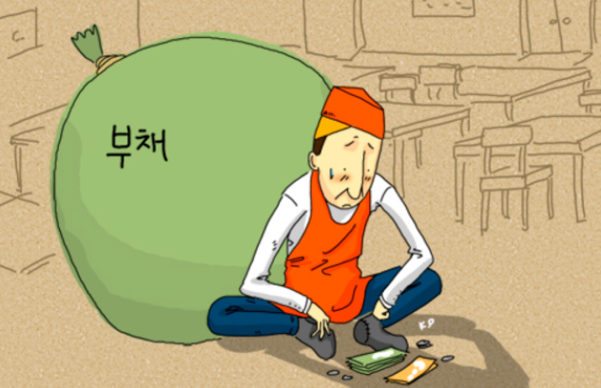Input 2021.03.26 15:47

One month has passed since the vaccination began, but only 1.4% of all Koreans (about 58.82 million people) have completed the first dose of the corona vaccine. Corona vaccine is not effective with one vaccination, so two vaccinations are required. AstraZeneca vaccine should be given a second dose every 10 weeks and Pfizer vaccine every 3 weeks.
When the government started vaccination last month, it proposed a goal to complete vaccination for 12 million people by the first half of the year. However, due to the slow vaccination rate due to the spread of vaccine side effects, the initial plan of “one out of four citizens will finish vaccination” by the first half of the year is inevitable. In a recent government survey, only 68% of the people answered that they are willing to get the vaccine.
As the situation is like this, the self-employed people who were expecting an economic recovery this year are only breathing out. Kim Mo (52), who runs a karaoke room in Guro, Seoul, said, “I was hoping that the vaccination was completed quickly and group immunity was created, so I hoped that the streets would be crowded like before and come back as before, but this year’s business also seems to have worked together.
Park Mo (57), who runs a public bath in Daegu, said, “It has already been more than a year since the guests were cut off in the bath,” he said. “I hoped for the corona vaccination this year, but again this year, business has become difficult.”
The reaction of self-employed people is obvious in some way. As the social distancing guidelines gradually strengthened due to the three coronavirus outbreaks last year, self-employed people faced difficulties such as being banned from store sales or limited hours of operation. Because of this, sales were mostly cut in half. The corona vaccine was their only hope of breaking through economic hardships.
Despite the government’s strict quarantine guidelines, such as banning private gatherings with more than 5 people, the fact that the number of confirmed cases has not decreased over the past three months has raised expectations for vaccines among self-employed people. On the 25th, the cumulative number of confirmed cases in Korea exceeded 100,000 for the first time. It has been about three months since the cumulative number of confirmed cases in Korea on December 20 last year exceeded 50,000.

There are many stories that people avoid vaccination because of fear of side effects. The government’s passive compensation policy is also playing a role in slow vaccination. The government only compensates for causality when problems arise after vaccination. The problem is that it is not easy to prove this causality.
Since vaccination over the past month, 17 people have died and 10,000 adverse reactions have been reported. However, there were only two cases in which causality was recognized for adverse reactions after vaccination, including one case of anaphylaxis (allergic shock) and one case of lowering blood pressure. There has been no single case of concluding causality for the deceased.
